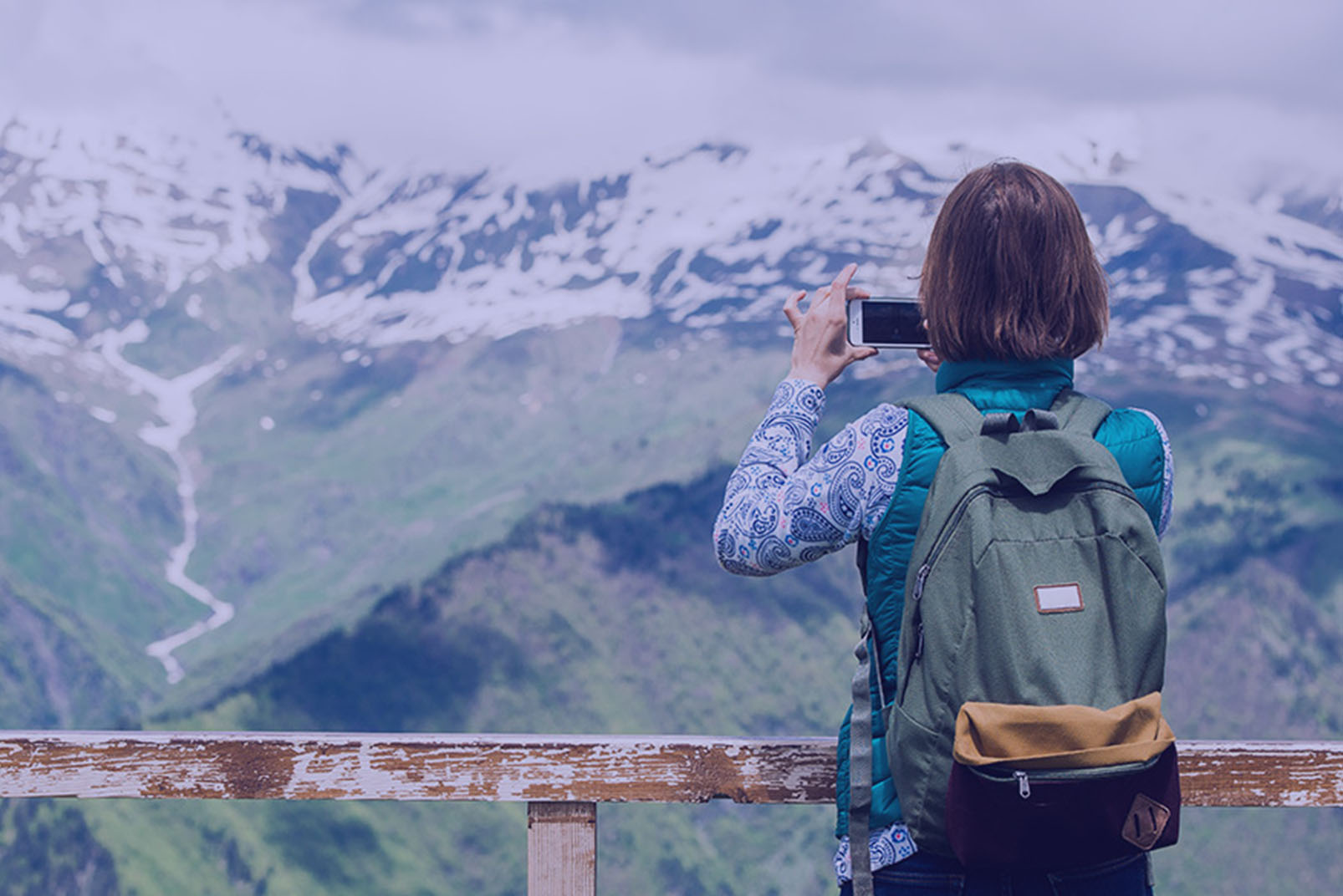How Municipalities Can Use Locatify’s Location-Based Apps
Tourism is an essential component of local economies, providing revenue for businesses and employment opportunities for residents. This is especially true for municipalities; when visitors arrive within their boundaries, they bring with them additional income as well as exposure. To enhance their visitors’ experiences, municipalities are now increasingly turning to location-based apps. Locatify’s apps have been successfully used across the globe to improve visitor experiences across cities, museums, parks, and other government-run spaces. These apps leverage GPS technology to provide visitors with real-time information on local attractions, events, and activities, as well as to help people navigate public spaces. This blog will examine some of the key ways municipalities can use Locatify’s location-based apps.
1. Promote Tourism
These apps can provide visitors with personalized recommendations on local attractions, restaurants, and activities based on their interests, precise location, and preferences. They can also provide turn-by-turn directions to local attractions, helping visitors make the most of their time there. Additionally, apps can be used to showcase local events and festivals, providing visitors with up-to-date information in real-time. In a fast-paced world with an over-supply of options, timely information can help people to make decisions.
The National Portrait Gallery’s, Andrea Easey confirms – “The Locatify system makes it simple to create and publish your own tours, add updates and new content as projects develop”.
2. Enhance Public Spaces
These apps can provide visitors with information on public parks, galleries, playgrounds, and other government-run spaces, helping visitors to make the most of their time. Additionally, apps can provide information on public art installations, historic landmarks, and other points of interest, enhancing visitors’ appreciation of the area. This information can be delivered via audio stories or gamified treasure hunts which add another experience layer on top of the physical space. Delivering such location-based information also allows municipalities to observe how visitors interact with spaces, identifying popular areas/attractions and other regions which may require more attention.
Nature Play’s, Jane Leow explains – “The Play Trails app was developed to motivate families to be active, have fun, and learn together in their park, suburb, or local area while maintaining physical distancing!”.
Some Example Apps Include:
- Kampen City Guide in the Netherlands 🇳🇱
- Umweg Landscape Detour in Switzerland 🇨🇭
- Reykjavik Art Walk in Iceland 🇮🇸
- Play Trails exploration app in Western Australia 🇦🇺
3. Promote Events
Location-based apps can also be used to promote events in public spaces. For example, an app can provide visitors with real-time information on outdoor concerts, expos, or farmers’ markets taking place in a local park. This helps visitors plan their day and make the most of the event. These apps provide a cost-effective way to quickly update information as events and spaces change throughout the year. Additionally, the app enables a way for event vendors and organizers to engage with visitors digitally, collect customer information and feedback, or for offering personalized information/offers.
4. Promote Safety & Security
Finally, location-based apps can be used to promote safety and security in public spaces. After a global pandemic, public health and safety have become an increased priority for many organizations. The apps can be used for safe crowd control by driving people to different areas by providing visitors with information on safe/suggested walking routes. Additionally, apps can be used to display information regarding facilities like restrooms, and to alert visitors to potential safety hazards, weather events, or emergencies – ensuring they have the information they need to stay safe.
Kampen City is keeping their people safe – “For Kampen, the health of our visitors is now more important than ever. That is why a corona proof app has been developed that guides you safely through your stay!”.
In Conclusion
Overall, location-based apps are valuable for municipalities to enhance tourism, events, and public spaces. By providing visitors with real-time information and personalized recommendations, these apps can help to create a more engaging and enjoyable experience for visitors. As technology continues to advance, we can expect to see even more innovative uses of location-based apps by municipalities to enhance public spaces and engage with visitors.
Interested in getting a branded app for your organization? Fill out this form to get information about the app delivery process, pricing and features!



